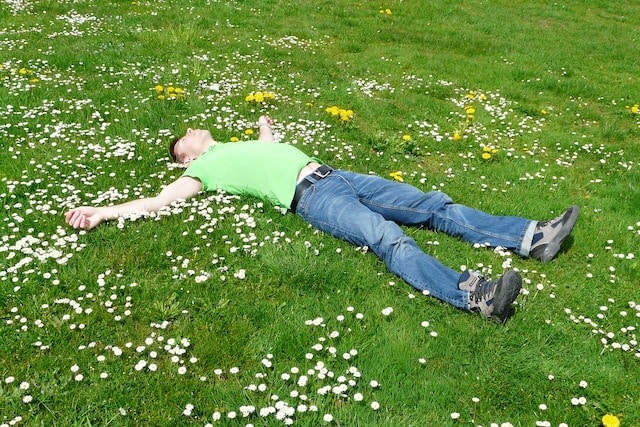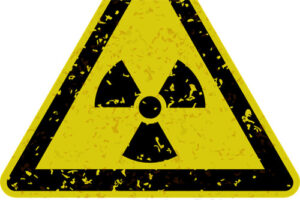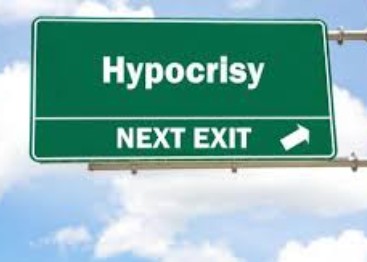The Shocking Effects of Extended Sleep Deprivation
Sleep. It’s that magical state where we transform into Vikings, donuts, or whatever bizarre scenarios our dreams conjure up. It’s the most horizontal we get all day, and for most of us, it’s a time to recharge and relax. Who doesn’t love a good night’s sleep? But what happens when we don’t get enough of it? Let’s dive into the weird, wonderful, and sometimes alarming world of sleep deprivation.
The All-Nighter: A Rite of Passage
We’ve all been there—pulling an all-nighter for work, school, or maybe just binge-watching a new series. You push through the night, and when morning rolls around, you think, “Well, I’ve made it this far. Might as well stay up the whole day.” But let’s be honest, after a day or two, the charm wears off. And while we know sleep deprivation isn’t great for us, the specifics of what goes wrong—and how bad it can get—are less clear. So, what does science say about sleep, how much we need, and the risks of skimping on it?

How Much Sleep Do You Really Need?
The classic advice is eight hours a night. It’s the golden rule, the magic number we’ve all heard. But life isn’t always that straightforward. Medically speaking, adults should aim for at least seven hours of sleep. Kids and teens need more, and babies? They’re living the dream, clocking in around 16 hours a day. Basically, they’re tiny, sleepy cats for the first year of life.
But here’s the thing: sleep isn’t one-size-fits-all. Some people thrive on six hours, while others need a solid nine to function. It’s not just about quantity, though—quality matters too. Ever had a night where you slept for eight hours but woke up feeling like you’d been hit by a truck? That’s poor sleep quality. On the flip side, a solid six hours of deep, uninterrupted sleep can leave you feeling refreshed and ready to conquer the day.
How Long Can You Go Without Sleep?
In 1986, a man named Robert McDonald set a world record by staying awake for nearly 19 days straight. That’s 454 hours of no sleep. Sounds insane, right? And it is. McDonald had to be monitored constantly to ensure he didn’t doze off. While his feat is impressive, it’s definitely not something to try at home.
The effects of sleep deprivation kick in fast. After just 24 hours without sleep, you’ll start feeling like you’ve had one too many drinks. Your reaction time slows, your brain gets foggy, and you might even slur your words. By 36 hours, your body starts to rebel. Hormones go haywire, your appetite gets weird, and irritability sets in.
After two days, things get even stranger. You might experience “microsleeps”—brief moments where your brain shuts off for a few seconds, even if you’re trying to stay awake. By day three or four, hallucinations and paranoia can creep in. And after five days? Psychotic breaks with reality are possible. It’s no wonder sleep deprivation is considered a form of torture.
Sleep Deficiency vs. Sleep Deprivation: What’s the Difference?

While the terms sound similar, they’re not quite the same. Sleep deprivation is more acute—like pulling an all-nighter or missing a few nights of sleep. Sleep deficiency, on the other hand, is chronic. It’s when you consistently get poor-quality sleep or struggle to fall asleep at all. About 20% of Americans get less than five hours of sleep a night, which qualifies as sleep deprivation. That’s a big problem, considering how much poor sleep can mess with your health.
What Happens to Your Body When You Don’t Sleep?
The effects of sleep deprivation go way beyond feeling groggy. Your mood takes a hit, making you more irritable and stressed. Your memory and ability to learn new things suffer—studies show your learning capacity can drop by up to 40% when you’re sleep-deprived. (Sorry, college students, but pulling an all-nighter to cram for exams is actually counterproductive.)
Physically, the toll is just as bad. Your immune system weakens, making you more prone to illnesses. You might notice dark circles, puffy eyes, and even more wrinkles (thanks to elevated cortisol levels). And if you’re trying to watch your weight, lack of sleep can sabotage you—it triggers the same brain regions that give you the munchies after smoking weed.
Long-term sleep deprivation is even scarier. It’s linked to serious conditions like dementia, Alzheimer’s, and heart disease. It’s a slow burn, though. The damage creeps up on you, chipping away at your health in ways you might not notice until it’s too late.
Can Lack of Sleep Kill You?
Here’s the good news: staying awake for a few days won’t kill you outright. But chronic sleep deprivation can lead to accidents, illnesses, and a shorter lifespan. There’s even a rare genetic condition called fatal familial insomnia that, over time, can be lethal. For most of us, though, the real danger is the cumulative effect of poor sleep on our health.
The Bottom Line
Sleep isn’t just a luxury—it’s a necessity. Whether you’re a six-hour-a-night warrior or a nine-hour sleeper, the key is quality over quantity. And while the occasional all-nighter might be unavoidable, making sleep a priority is one of the best things you can do for your mind, body, and overall well-being. So, next time you’re tempted to binge one more episode or scroll through your phone late into the night, remember: your brain (and body) will thank you for hitting the hay instead.
Final Thought: Sleep is one of life’s great mysteries—a time when we’re at our most vulnerable yet most creative. Whether you’re dreaming of donuts or distant lands, make sure you’re giving yourself the rest you need. After all, even Vikings need their beauty sleep.

























